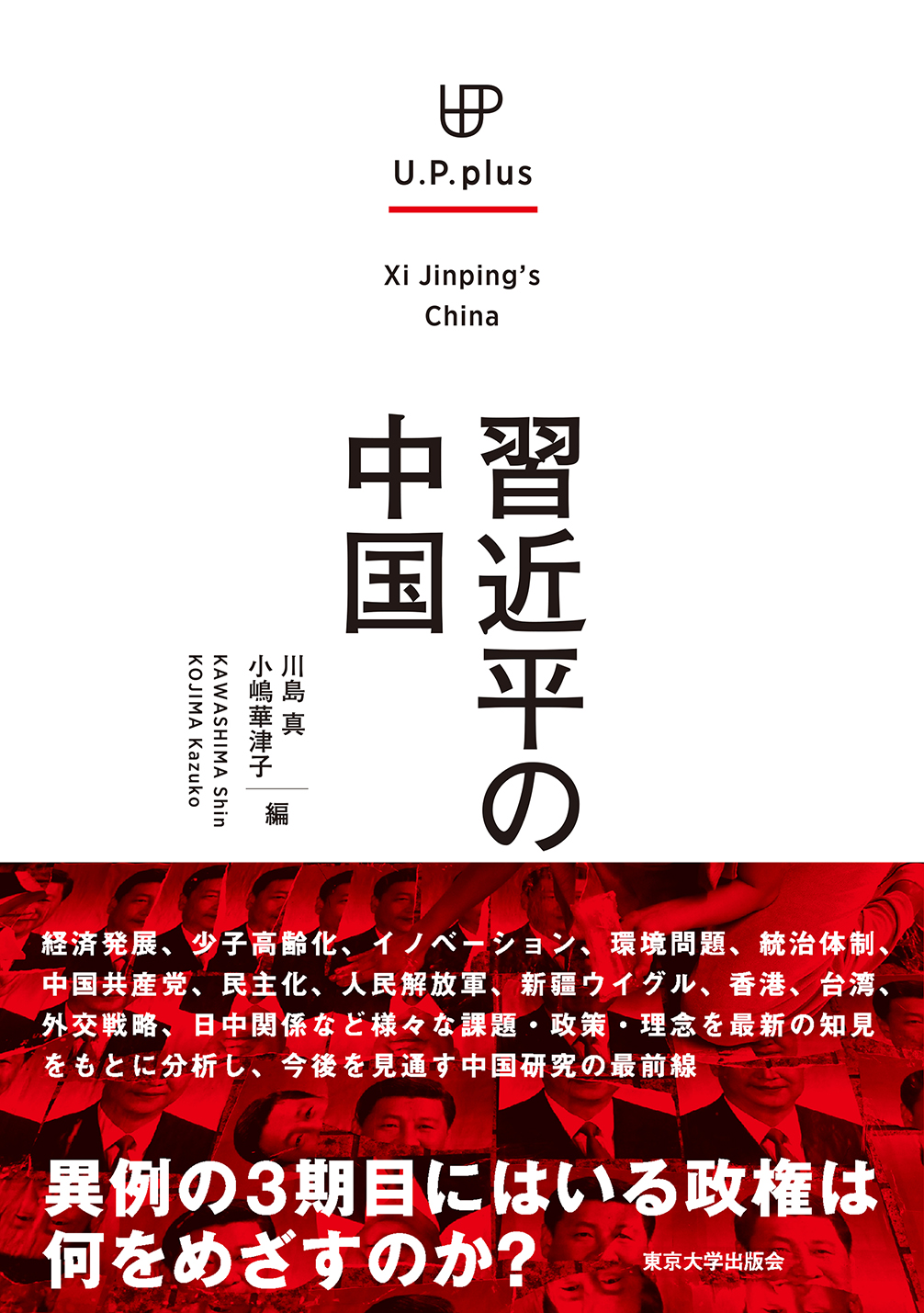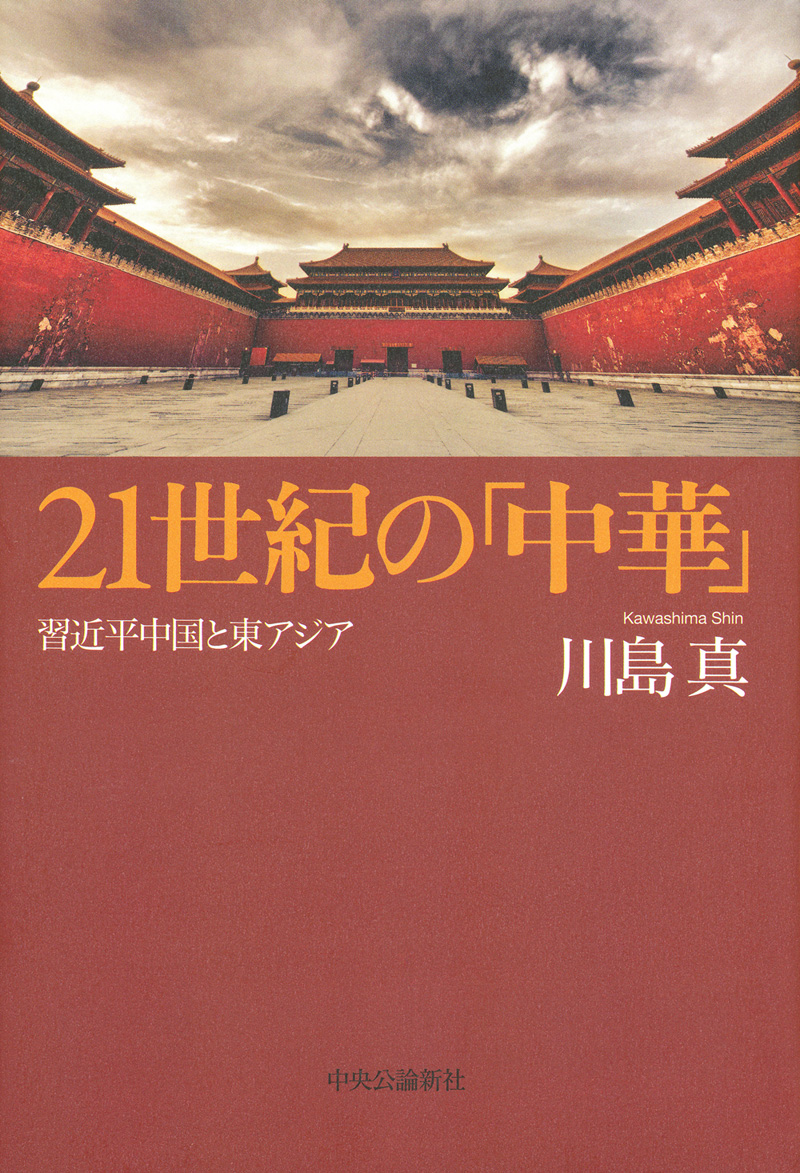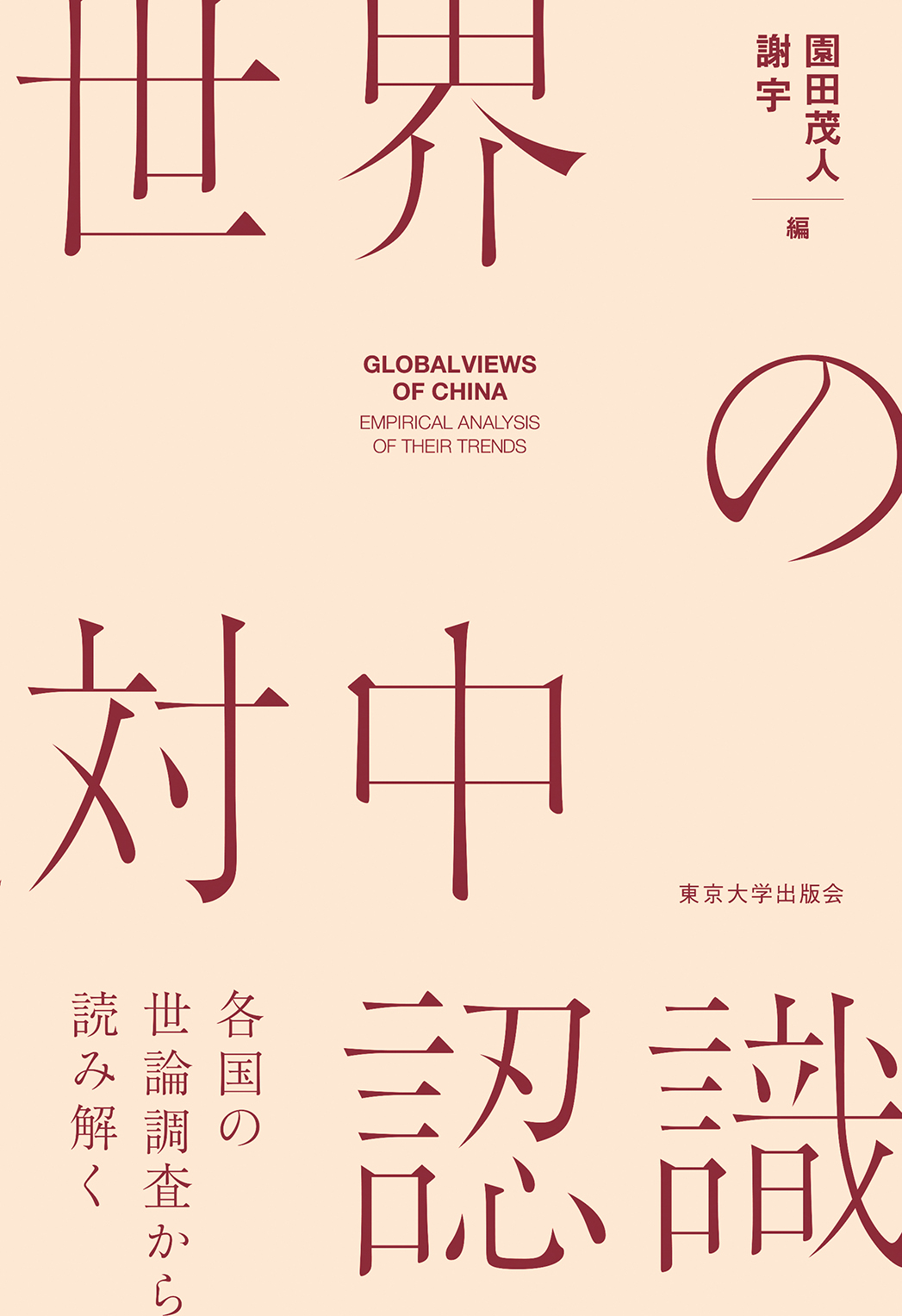
Title
Eurasia no Jigazo (Self-Portrait Eurasian Countries - Blind Spot in the “U.S.-China Confrontation/New Cold War” Framework)
Size
435 pages, 127x188mm, softcover
Language
Japanese
Released
March 24, 2023
ISBN
978-4-569-85480-9
Published by
PHP Institute
Book Info
See Book Availability at Library
Japanese Page
This book questions whether current international politics and world affairs should be examined not only from the perspective of developed countries but also from the perspectives of China, Russia, Southeast Asian countries, and Islamic countries in the Middle East and elsewhere. I have a few questions in mind. First, is it sufficient to consider the world from the perspective of developed countries quoting that “there exists a conflict between developed countries and China and Russia, and that there is the Global South?” Second, can we understand them as emerging countries, authoritarian regimes, and so on by grouping them together and emphasizing their heterogeneity with democratic countries? It is not to say that such countries are right, and democratic countries are wrong. To understand the world today, we should not assume that China and Russia are despotists incapable of rational choice, or that developing countries are a priori deciding their own course solely based on economic development. I argue that it would be better to first consider what kind of worldview and values those entities base their judgments on, taking into account the gaze of each entity. In other words, instead of looking at emerging countries, authoritarian regimes, and developing countries with developed countries as the subject or main subject, let us consider these countries as the subject for a moment.
Specifically, we adopted a method of analyzing the logic of each country or region, including history, ideology, what is considered right, and the logic of domestic politics. Since the countries and regions covered in this book are mostly Eurasian countries, we chose the term “Self-Portrait of Eurasian Countries” as the book title. The articles in this book show that each country and region has its own rationale, that they choose their policies based on various rationales, that their policies are formed by linking each logic of domestic politics to foreign policy, and that their approaches to regional and global issues are based on their own view of national interests and perceptions of what they should be. Although this book is still only a collection of case studies, it is a good text for “exercising our brains” in relativizing international politics and international relations theory based on Western international relations. It also provides clues for examining current international politics.
(Written by KAWASHIMA Shin, Professor, Graduate School of Arts and Sciences / 2024)
Related Info
Policy Challenges for China and the Region Under Trump 2.0: Tough Choices Ahead for Japan (nippon.com March 26, 2025)
https://www.nippon.com/en/in-depth/a10101/policy-challenges-for-china-and-the-region-under-trump-2-0-tough-choices-ahead-for-japan.html
Shin Kawashima’s Column (Think China)
https://www.thinkchina.sg/contributors/shin-kawashima



 Find a book
Find a book





